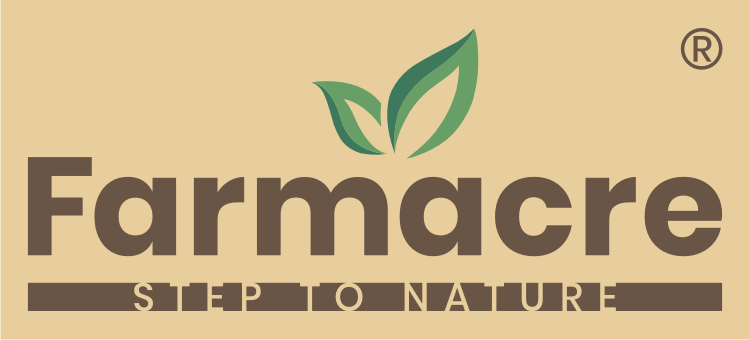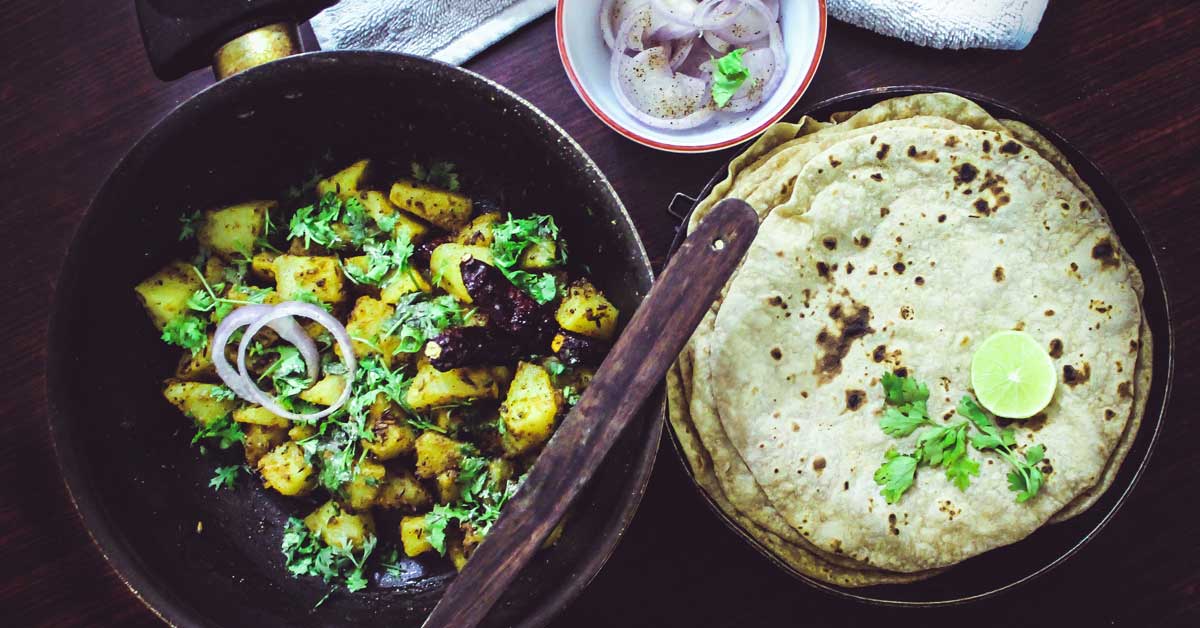Is It Worth Paying for Organic Food Products?
In recent years, there has been a growing trend towards organic food, as more people are becoming aware of the importance of healthy eating and sustainable living. But is paying extra for organic food really worth it? Whether you’re shopping for fresh produce, dairy, or pantry staples, you’ve probably noticed that organic options tend to cost more than their conventional counterparts. Let’s explore why organic food is priced higher and whether it’s a worthwhile investment for you and your family.
What Does “Organic” Mean?
Before diving into whether organic food is worth the price, it’s important to understand what organic really means. Organic farming avoids the use of synthetic pesticides, chemical fertilizers, genetically modified organisms (GMOs), and hormones. Instead, organic farmers use natural methods like crop rotation, composting, and biological pest control to grow their produce. For livestock, organic practices ensure animals are raised without the use of antibiotics or growth hormones, and are fed organic, non-GMO feed.
Benefits of Choosing Organic Food
Fewer Pesticides
One of the primary reasons people choose organic is to reduce their exposure to harmful chemicals. Conventional farming often uses synthetic pesticides, which can leave residue on fruits and vegetables. Even after washing, traces of these chemicals can remain on the food we consume. Organic farming, on the other hand, relies on natural alternatives to manage pests and weeds, leading to cleaner and safer food.Higher Nutritional Value
While research on whether organic food is more nutritious than conventional food is still ongoing, some studies suggest that organic produce contains higher levels of certain vitamins, minerals, and antioxidants. Organic farming practices are designed to build healthy soil, which in turn produces nutrient-dense crops.Better Taste and Quality
Many people report that organic food simply tastes better. Organic fruits and vegetables are often fresher because they are grown in smaller batches and harvested at peak ripeness.Environmentally Friendly
Choosing organic food is an investment in the health of our planet. Organic farming practices promote biodiversity, improve soil health, and reduce water pollution. Since organic farms do not use synthetic chemicals, they contribute less to environmental degradation and help to preserve ecosystems for future generations.
Is Organic Food Worth the Price?
For many, the decision to buy organic food comes down to weighing the benefits against the price. Organic products typically cost more because they require more labor-intensive farming methods, smaller-scale production, and often have lower yields due to the absence of chemical inputs.
When It’s Worth It:
For Health-Conscious Consumers
If you’re looking to minimize your exposure to harmful pesticides and synthetic chemicals, organic food is a clear choice. For families with young children or pregnant women, the benefits of consuming organic food can be even more significant, as these groups are more vulnerable to the effects of pesticide exposure.Taste and Quality
If you value taste and freshness, you may find that paying a bit extra for organic food is worth it. Organic produce is often fresher, as it doesn’t require long-distance transportation, and the natural farming methods often result in better-tasting crops.Supporting Sustainable Practices
If environmental sustainability is a priority for you, choosing organic is one of the best ways to support farming practices that protect the earth. By paying a bit more, you’re contributing to a more sustainable food system that respects nature and biodiversity.
When It Might Not Be Necessary:
Non-Perishable Goods
For products like dry beans, rice, and some frozen items, the nutritional difference between organic and conventional versions may be minimal. If you’re on a budget, these items might be where you can save without sacrificing too much.Peelable Produce
Certain fruits and vegetables, like avocados, bananas, and oranges, have thick skins that protect the inner fruit from pesticide residues. If cost is a concern, you can choose conventional versions of these and save your organic money for more vulnerable items like berries or leafy greens.
Smart Ways to Buy Organic on a Budget
While organic food may be more expensive, there are ways to make it more affordable:
- Shop Seasonal: Organic produce is often cheaper when it’s in season, and it’s also fresher and tastier.
- Buy Local: Farmers’ markets and local organic farms may offer lower prices on fresh, organic produce compared to grocery stores.
- Prioritize: Use the “Dirty Dozen” and “Clean Fifteen” lists to prioritize which foods you should buy organic. The Dirty Dozen includes fruits and vegetables with the highest levels of pesticide residues, while the Clean Fifteen features produce with the lowest levels.
- Bulk Buy: For pantry staples like organic grains, beans, and nuts, buying in bulk can save you money in the long run.
Conclusion
So, is it worth paying for organic food? For those who prioritize health, sustainability, and taste, the answer is often a resounding “yes.” Organic food offers cleaner, safer, and more nutritious options while supporting farming practices that are better for the environment and animal welfare. While the price may be higher, many people find that the benefits to their health and the planet make it a worthwhile investment.
At FARMACRE, we are committed to offering a wide selection of organic food products to help you live healthier and more sustainably. From fresh produce to pantry staples, explore our range and taste the difference that organic can make. Shop now and experience the benefits of choosing organic for yourself!

